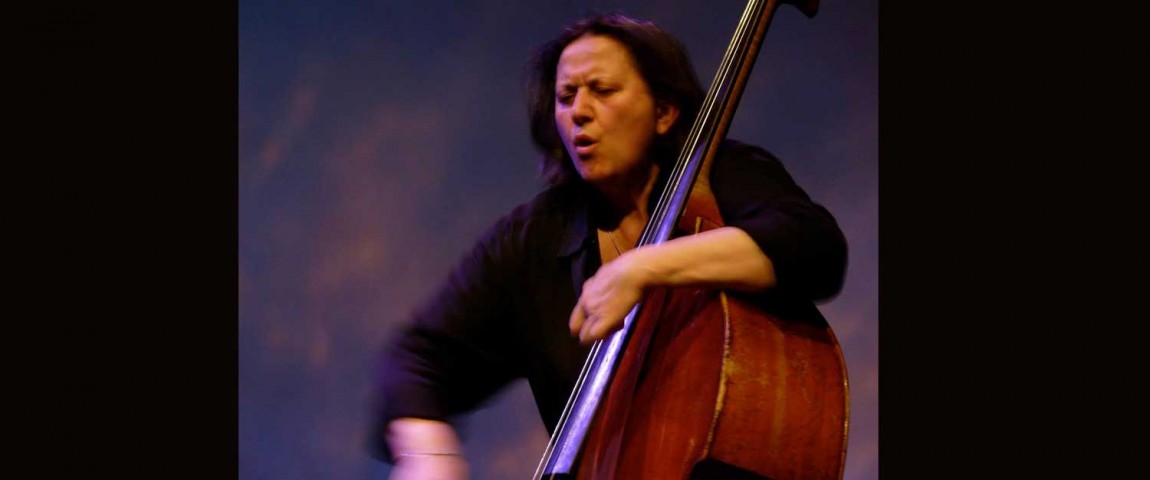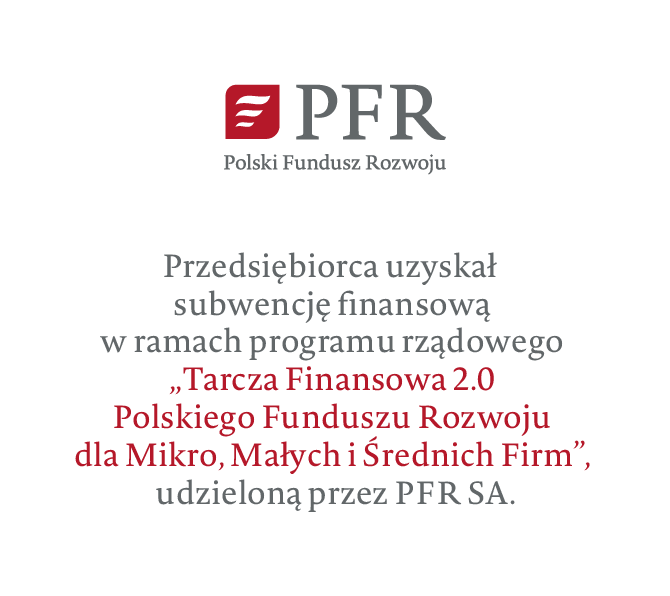The artist, who hails from Provence, has collaborated with Pierre Boulez’s Ensemble InterContemporain, and with modern ballet’s great revolutionary, Merce Cunningham.
Léandre’s musical education began with playing flute and grand piano. However, at the instigation of her music teacher, she decided to devote herself to double bass.
After attending a conservatory in Paris, Léandre received a scholarship which enabled her to continue her education in New York at a time when the city’s art scene was still extremely fertile and innovative. It was there that she first became acquainted with the pioneering work of the so-called New York School and its luminaries, Morton Feldman, the creator of open form Earle Brown, and the aforementioned Giacinto Scelsi and John Cage. The latter was to play a pivotal role in Léandre’s life. She recollects the creator of
Imaginary Landscape No. 4 in these words:
„He will always be my spiritual father. John made me listen to the world around me: ‘Let sound be what it is’. He opened up a field of possibilities; he gave me confidence (…) A friend. He was the first to smile when I played my piece Taxi (1981) in the hall at Columbia University – I can still remember it!”
When it comes to selecting musical means, Léandre isn’t afraid to experiment. The French artist created one of the most bizarre albums, even by experimental music standards: Les domestiques (1988), an album recorded together with Jon Rose, is basically a collection of sounds made by everyday objects. The album’s cover says it all: it portrays some pots, a frying pan, and a miniature double bass.
Léandre is also a member of European Women’s Improvising Group, previously called Feminist Improvising Group – the first all-female free improvising ensemble.
Léandre’s latest album is a recording of her and cellist’s Vincent Courtois’ performance at Berlin’s Kesselhaus, released in 2013.
Joëlle Léandre – double bass (F)
Tickets 30 PLN in advance, 40 PLN on the day of the show


